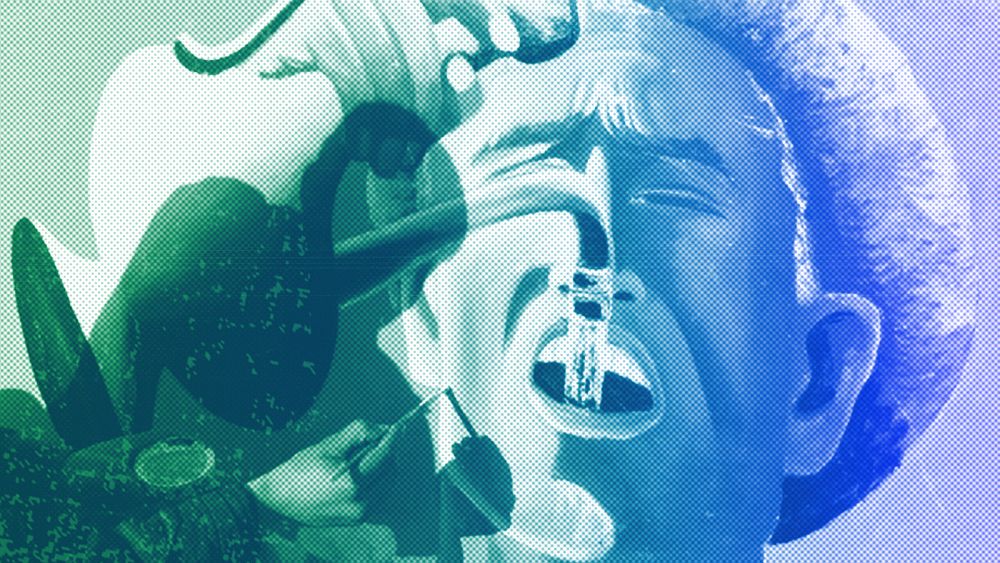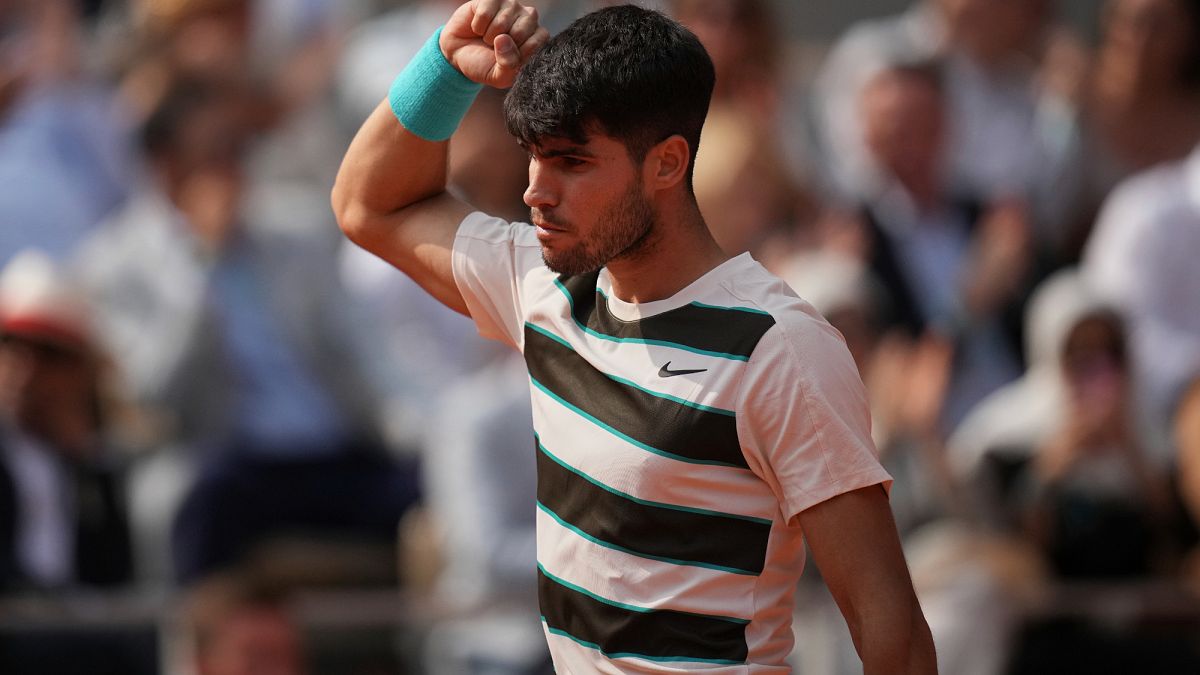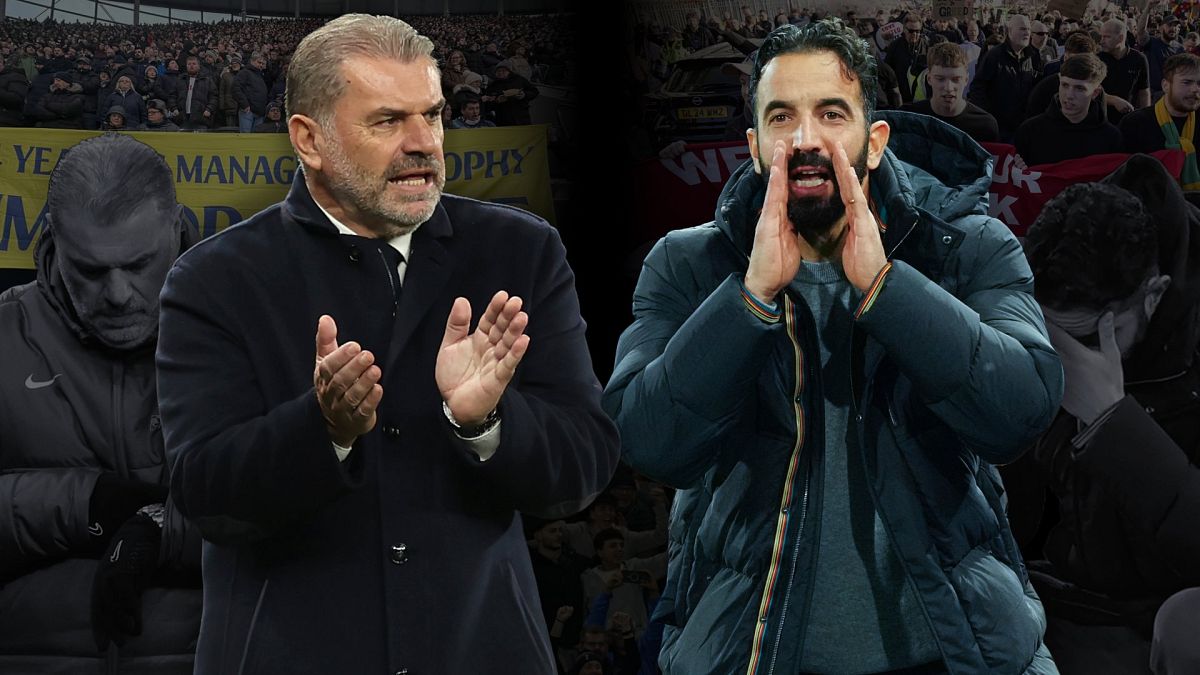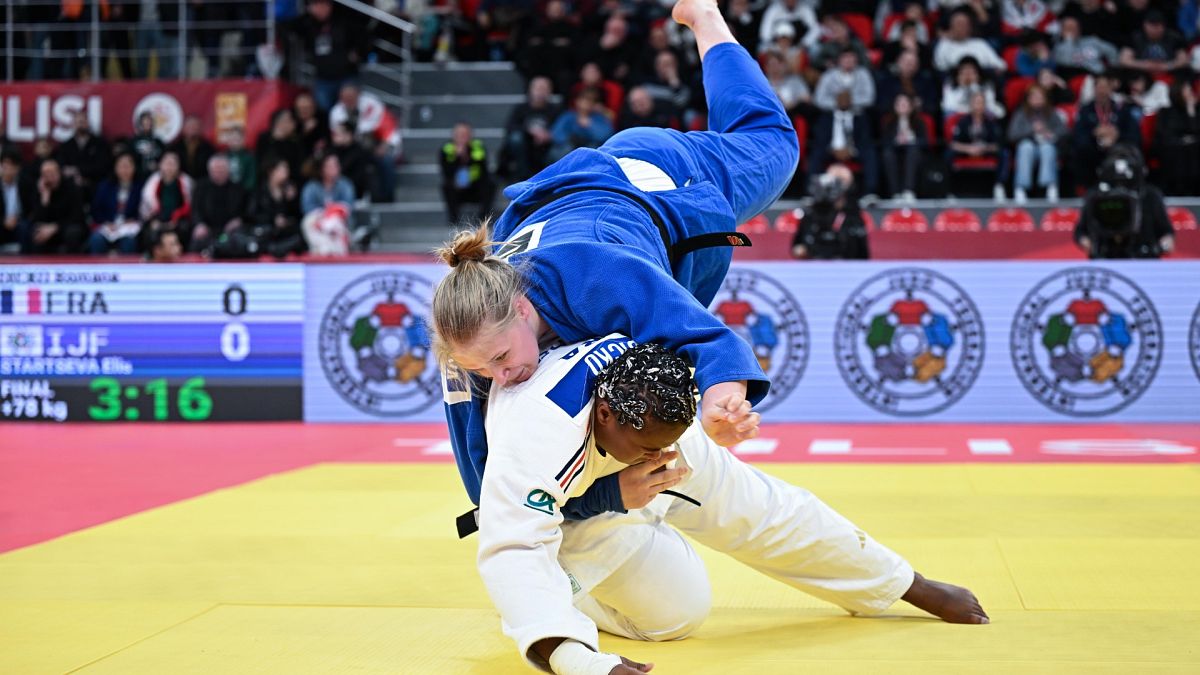Afghanistan’s art and artists are on the brink of obliteration

The opinions expressed in this article are those of the author and do not represent in any way the editorial position of Euronews.
We urge both UNHCR and individual governments that have ratified the 1951 Refugee Convention to acknowledge the inherent vulnerability of Afghan artists and cultural workers at risk under Taliban rule, and as such, accord them prima facie refugee recognition, Sanjay Sethi and Johanna Bankston write.
The arts and cultural sector in Afghanistan is facing an unprecedented crisis, as the simple act of artistic expression has now effectively been criminalised by the Taliban.
While the international community has often contended with authoritarian regimes that tightly control what kind of art can be produced, the current situation in Afghanistan is without parallel as most forms of expression have been banned.
Artists are sought out to be arrested, tortured and executed. This extends to people working in music, visual art, the performing arts, film and television, literature, museums, cultural heritage sites, and arts education.
While the horrific conditions that Afghan artists and cultural workers endure should typically invite the special attention of states dedicated to upholding human rights, we have seen a profound lack of regard for their plight.
The international community has failed to forcefully afford the recognition of Afghan artists as a distinct group in need of protection and resettlement support that they rightly deserve.
The lack of humanitarian action by countries purportedly dedicated to supporting artistic freedom could also ultimately enable the systematic and complete destruction of Afghanistan’s rich artistic and cultural heritage.
Arrests, assaults, imprisonment, executions
It has been two years since the Taliban seized power in Afghanistan following the abrupt departure of US security forces.
Although Taliban leaders initially made appeals to the international community to cooperate with their “reformed” leadership, which they pledged would demonstrate a respect for human rights and tolerance of free expression, their actions in the months that followed revealed their pledges to be disingenuous.
While the Taliban have not issued a formal ban on art, they have done so in practice by enforcing the closure of arts universities and centres, destroying instruments and public art, banning women and girls from practising the arts, and facilitating the arrest, assault, imprisonment and execution of artists.
As the founding members of an organisation dedicated to freedom of artistic expression, we can say with certainty that the situation Afghan artists and cultural workers face under Taliban rule is both unprecedented and dire.
Criminalising almost all acts of creative expression
While artists have certainly been targeted by or forced to conform their art to authoritarian regimes throughout history, the Taliban’s political philosophy is unique in that it is unequivocally opposed to all non-Islamic art.
Consequently, the regime has criminalised nearly all acts of creative expression.
In the visual arts, the Taliban have banned all secular works and the depiction of human figures.
If one imagines the same condition imposed on the Louvre or the Metropolitan Museum of Art, there would be little left aside from empty gallery walls.
For music, the Taliban have shut down nearly all music institutions, banned musical performances and broadcasts, and arrested and imprisoned musicians.
Given the current environment, it is unsurprising that most artists in Afghanistan have self-censored, gone into hiding, destroyed their creative works, and/or sought to leave the country.
Can’t stay, nowhere to go
For artists seeking to flee Afghanistan, however, considerable challenges remain. Our recently published research report, “Artistic Exodus: Afghan artists fleeing Taliban rule”, revealed that far from being prioritised for protection due to their heightened risk of persecution, Afghan creative workers seeking asylum or refugee status face interminable wait times and a general lack of recognition on the particular risks they face in Afghanistan, both as artists and human rights defenders.
Those seeking a short-term visa to a safe country have also struggled to successfully apply for immigration status.
Aside from Germany, few visa regimes offer a specialised pathway for Afghan artists to resettle in the country, and most countries actively deny the admission of Afghan artists with approved visas out of concern that they will seek asylum after entry.
Further, artists who successfully immigrate abroad have few available resources to restart their careers in a new and unfamiliar professional landscape.
Afghan artists have been very vocal about disproportionate immigration restrictions and limited resettlement support, which constitute their biggest concerns when seeking pathways to safety.
Artists’ vulnerability under Taliban rule has to be addressed
There is much the international community can do to protect Afghan artists and prevent the erasure of Afghanistan’s cultural heritage.
We urge both UNHCR and individual governments that have ratified the 1951 Refugee Convention to acknowledge the inherent vulnerability of Afghan artists and cultural workers at risk under Taliban rule, and as such, accord them prima facie refugee recognition.
States should also take further action to support Afghan artists at risk through targeted immigration support initiatives, as Germany has done with its Bundesaufnahmeprogramm.
This will enable those most at risk of persecution to receive immediate protection. Finally, states should provide targeted financial and professional support to Afghan artist refugees to ensure they can continue their craft.
Taking these steps will help to save both Afghanistan’s artistic heritage and the people who carry it on.
Sanjay Sethi is a human rights lawyer and the co-Executive Director and co-Founder of Artistic Freedom Initiative (AFI), and Johanna Bankston is the AFI’s Senior Officer, Human Rights Research and Policy, specialising in global issues on freedom of artistic expression and cultural rights.
At Euronews, we believe all views matter. Contact us at [email protected] to send pitches or submissions and be part of the conversation.
Source: Euro News














